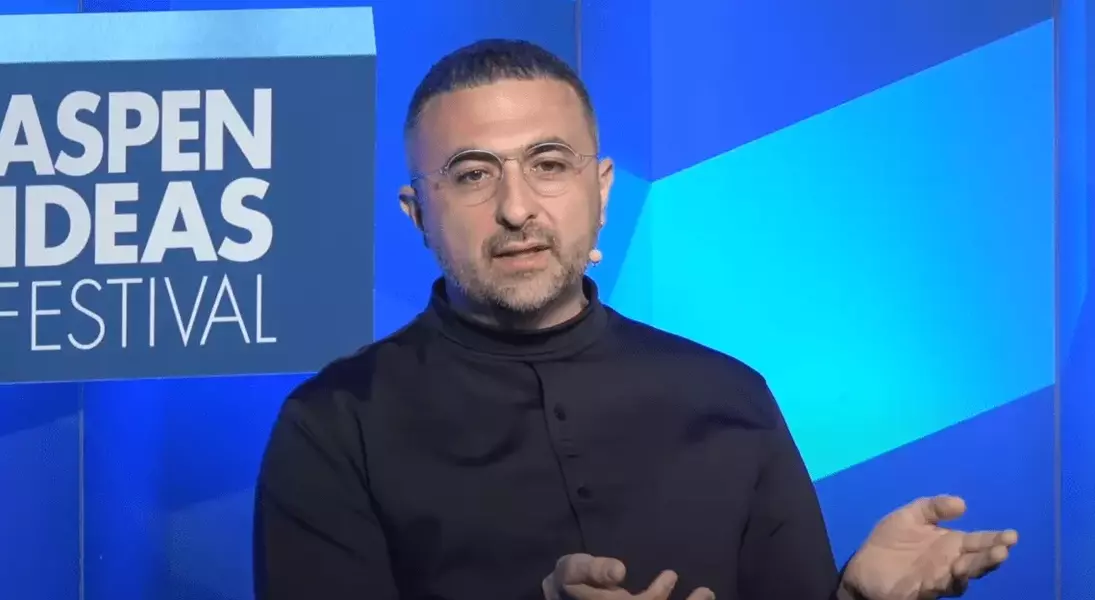
The landscape of artificial intelligence (AI) has experienced a significant shift as OpenAI, the pioneering AI research laboratory, broadens its horizons beyond its long-standing partnership with Microsoft. Salesforce CEO Marc Benioff's remarks during a CNBC interview at Davos highlighted the evolving dynamics between these tech giants. Benioff suggested that OpenAI's collaboration with other platforms like SoftBank and Oracle on a massive data center project could signal a new era for the company. He also speculated on Microsoft's ambitions to develop its own AI models, potentially reducing its reliance on OpenAI. This transition reflects the growing need for OpenAI to diversify its cloud providers and expand its infrastructure.
OpenAI's Strategic Diversification
The decision by OpenAI to collaborate with multiple cloud providers marks a strategic move towards greater independence. This shift was inevitable due to the increasing demand for computational resources and the need to support diverse enterprise solutions. By partnering with SoftBank and Oracle on the Stargate project, OpenAI aims to enhance its capabilities and ensure timely product development. This diversification also aligns with the broader goal of achieving advanced general intelligence (AGI), which requires substantial computational power and flexibility across various platforms.
Since 2019, when Microsoft invested $1 billion in OpenAI, the relationship has undergone significant changes. The release of ChatGPT in late 2022 and subsequent product delays due to insufficient compute capacity have underscored the limitations of relying solely on Microsoft. Moreover, the exclusive agreement between OpenAI and Microsoft was set to end once AGI milestones were achieved. With Sam Altman suggesting that AGI is within reach, the timing seems ripe for OpenAI to explore alternative partnerships. This move not only addresses immediate operational needs but also positions OpenAI as a formidable player in the global AI market.
Microsoft's Shifting Focus and Internal Dynamics
As OpenAI expands its collaborations, Microsoft is pivoting its focus towards developing its own AI technologies. The hiring of Mustafa Suleyman, co-founder of DeepMind and Inflection, to lead Microsoft's AI initiatives signals a clear intent to build proprietary AI models. This strategic move reflects Microsoft's ambition to compete directly in the AI space. Meanwhile, internal tensions between Microsoft and OpenAI have been brewing, particularly after OpenAI launched its enterprise product in mid-2023. These challenges highlight the complexities of maintaining long-term partnerships in the fast-evolving tech industry.
The friction between the two companies became evident when employees from both sides expressed dissatisfaction with the collaboration. Reports indicate that OpenAI staff often viewed their Microsoft counterparts unfavorably, creating an environment of mutual distrust. Furthermore, Microsoft's recent establishment of a new AI group led by Jay Parikh, which did not mention OpenAI, suggests a deliberate shift away from the partnership. While Benioff's prediction about Microsoft fully abandoning OpenAI may be optimistic, the company's efforts to develop its own large language model (LLM) named MAI-1 indicate a clear direction towards self-reliance in AI development. This evolving narrative underscores the competitive nature of the AI sector and the importance of adaptability in forming strategic alliances.
